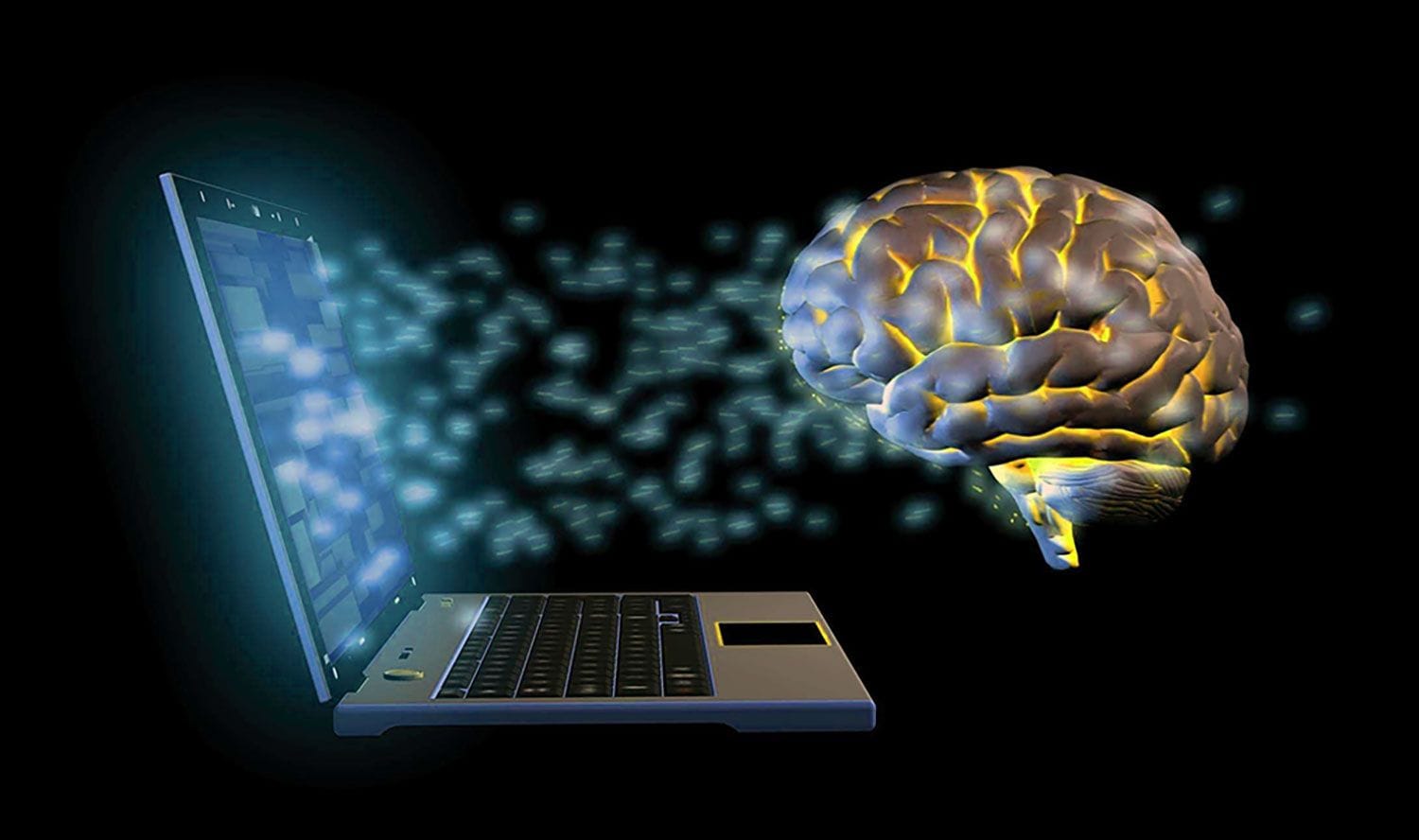Brain-Computer Interfaces: Exploring Ethical Considerations and Applications
This article delvesBrain-Computer Interfaces (BCIs) revolutionize the interaction between humans and technology, enabling direct communication between the brain and a computer.


Brain-Computer Interfaces
This article delvesBrain-Computer Interfaces (BCIs) revolutionize the interaction between humans and technology, enabling direct communication between the brain and a computer. This article delves into the ethical considerations and potential applications of BCIs, shedding light on their transformative capabilities.
BCIs open doors to a realm where individuals can control computers solely through their thoughts, bypassing conventional input devices like keyboards and mice. The prospect of accessing information and engaging with the digital world merely by thinking is no longer confined to science fiction but has become a tangible reality.
These interfaces function by recording and interpreting brain signals and modulating brain activity. They come in two primary forms: invasive and non-invasive. Invasive BCIs necessitate surgical implantation of electrodes or chips into the brain, offering high-resolution signals but carrying a greater risk of infection and rejection. Non-invasive BCIs utilize external sensors or devices like EEG caps, TMS coils, or NIRS probes, providing lower-resolution signals but minimizing risks and discomfort.

The applications of BCIs span diverse domains, including clinical, assistive, entertainment, and enhancement purposes. Clinical BCIs facilitate the diagnosis and treatment of neurological or psychiatric disorders, whereas assistive BCIs aid individuals with disabilities by enhancing communication and mobility. Entertainment BCIs offer immersive experiences such as gaming, music, and art, while enhancement BCIs elevate cognitive, emotional, and physical abilities.
The real-world impact of BCIs is profound. Paralyzed patients regain control over robotic limbs, blind or deaf individuals perceive visual or auditory stimuli, and healthy users engage in activities like gaming, language learning, and meditation, guided by feedback from BCI systems.
However, the rapid advancement of BCIs also raises complex ethical concerns that demand careful consideration. These issues span multiple levels, encompassing individual, interpersonal, and societal dimensions. Some of the prominent ethical dilemmas associated with BCIs include:
- Personhood: BCIs can potentially alter users' identity, autonomy, and dignity, blurring the boundaries between humans and machines.
- Privacy: BCIs can access and share sensitive information from users' brains, raising concerns about unauthorized access and manipulation.
- Research Ethics: Involving human participants and animal models, BCIs prompt questions about informed consent, vulnerability, and animal welfare.
- Safety: BCIs pose risks of infection, bleeding, and malfunction, especially in the case of invasive procedures.
- Responsibility: The development and use of BCIs necessitate accountability and adherence to moral and legal standards.
- Justice: BCIs may exacerbate existing inequalities and disparities in access and acceptability.
Addressing these ethical challenges requires the collective efforts of researchers, policymakers, and stakeholders. The emerging field of neuroethics provides a framework for navigating the ethical complexities surrounding BCIs, ensuring their responsible development and deployment.
In conclusion,
BCIs hold immense promise as tools for enhancing human capabilities and quality of life. However, their ethical implications underscore the need for vigilance and conscientious decision-making. By fostering dialogue, promoting transparency, and upholding ethical principles, we can harness the transformative potential of BCIs while safeguarding individual rights and values. Embracing the ethical dimensions of BCIs is not just a matter of technological innovation but a reflection of our shared humanity and societal values.